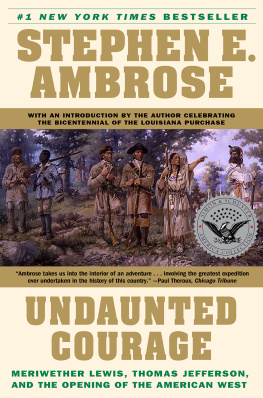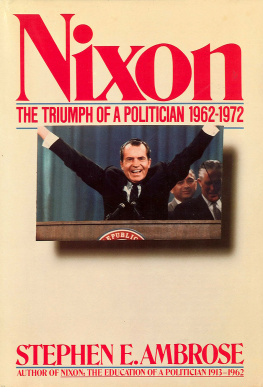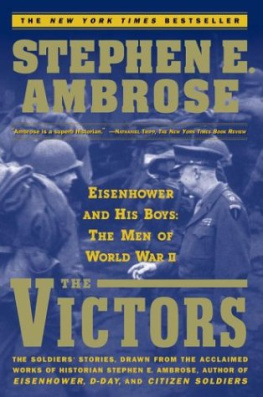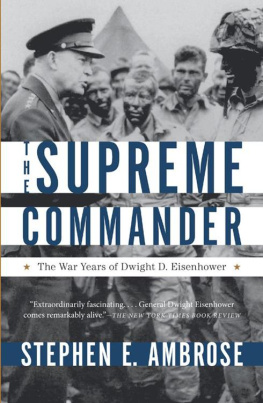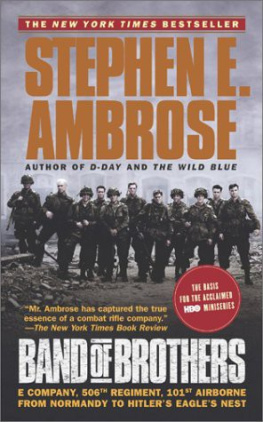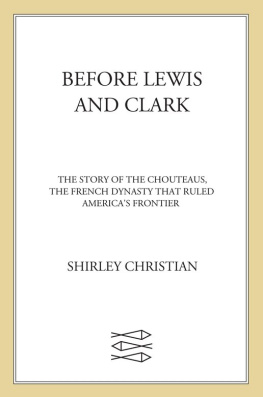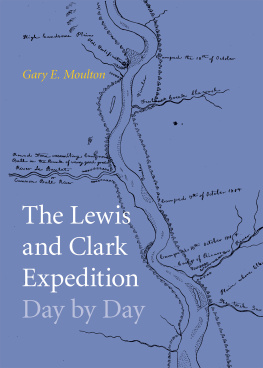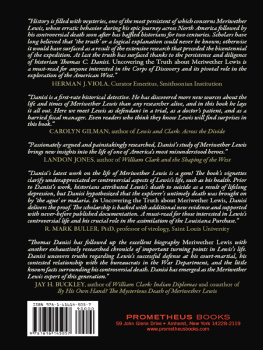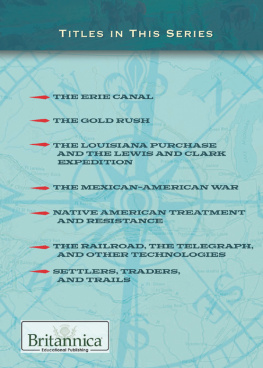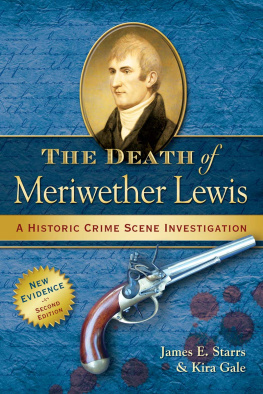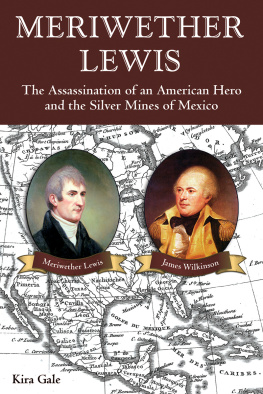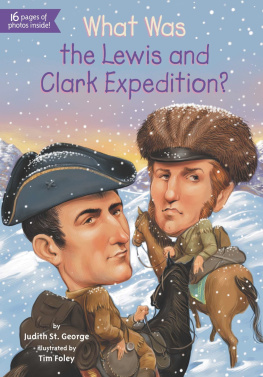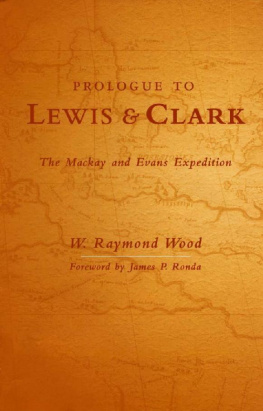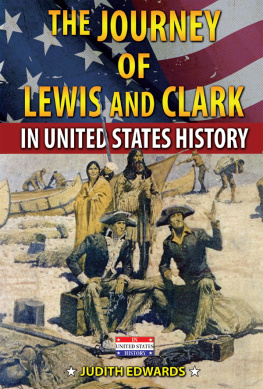Stephen E. Ambrose - Undaunted Courage: Meriwether Lewis, Thomas Jefferson, and the Opening of the American West
Here you can read online Stephen E. Ambrose - Undaunted Courage: Meriwether Lewis, Thomas Jefferson, and the Opening of the American West full text of the book (entire story) in english for free. Download pdf and epub, get meaning, cover and reviews about this ebook. year: 1996, publisher: Simon & Schuster, genre: Non-fiction. Description of the work, (preface) as well as reviews are available. Best literature library LitArk.com created for fans of good reading and offers a wide selection of genres:
Romance novel
Science fiction
Adventure
Detective
Science
History
Home and family
Prose
Art
Politics
Computer
Non-fiction
Religion
Business
Children
Humor
Choose a favorite category and find really read worthwhile books. Enjoy immersion in the world of imagination, feel the emotions of the characters or learn something new for yourself, make an fascinating discovery.
- Book:Undaunted Courage: Meriwether Lewis, Thomas Jefferson, and the Opening of the American West
- Author:
- Publisher:Simon & Schuster
- Genre:
- Year:1996
- Rating:3 / 5
- Favourites:Add to favourites
- Your mark:
Undaunted Courage: Meriwether Lewis, Thomas Jefferson, and the Opening of the American West: summary, description and annotation
We offer to read an annotation, description, summary or preface (depends on what the author of the book "Undaunted Courage: Meriwether Lewis, Thomas Jefferson, and the Opening of the American West" wrote himself). If you haven't found the necessary information about the book — write in the comments, we will try to find it.
In 1803 President Thomas Jefferson selected his personal secretary, Captain Meriwether Lewis, to lead a voyage up the Missouri River to the Rockies, over the mountains, down the Columbia River to the Pacific Ocean, and back. Lewis was the perfect choice. He endured incredible hardships and saw incredible sights, including vast herds of buffalo and Indian tribes that had had no previous contact with white men. He and his partner, Captain William Clark, made the first map of the trans-Mississippi West, provided invaluable scientific data on the flora and fauna of the Louisiana Purchase territory, and established the American claim to Oregon, Washington, and Idaho. Ambrose has pieced together previously unknown information about weather, terrain, and medical knowledge at the time to provide a colorful and realistic backdrop for the expedition. Lewis saw the North American continent before any other white man; Ambrose describes in detail native peoples, weather, landscape, science, everything the expedition encountered along the way, through Lewiss eyes.
Lewis is supported by a rich variety of colorful characters, first of all Jefferson himself, whose interest in exploring and acquiring the American West went back thirty years. Next comes Clark, a rugged frontiersman whose love for Lewis matched Jeffersons. There are numerous Indian chiefs, and Sacagawea, the Indian girl who accompanied the expedition, along with the French-Indian hunter Drouillard, the great naturalists of Philadelphia, the French and Spanish fur traders of St. Louis, John Quincy Adams, and many more leading political, scientific, and military figures of the turn of the century.
This is a book about a hero. This is a book about national unity. But it is also a tragedy. When Lewis returned to Washington in the fall of 1806, he was a national hero. But for Lewis, the expedition was a failure. Jefferson had hoped to find an all-water route to the Pacific with a short hop over the Rockies-Lewis discovered there was no such passage. Jefferson hoped the Louisiana Purchase would provide endless land to support farming-but Lewis discovered that the Great Plains were too dry. Jefferson hoped there was a river flowing from Canada into the Missouri-but Lewis reported there was no such river, and thus no U.S. claim to the Canadian prairie. Lewis discovered the Plains Indians were hostile and would block settlement and trade up the Missouri. Lewis took to drink, engaged in land speculation, piled up debts he could not pay, made jealous political enemies, and suffered severe depression.
High adventure, high politics, suspense, drama, and diplomacy combine with high romance and personal tragedy to make this outstanding work of scholarship as readable as a novel.
Stephen E. Ambrose: author's other books
Who wrote Undaunted Courage: Meriwether Lewis, Thomas Jefferson, and the Opening of the American West? Find out the surname, the name of the author of the book and a list of all author's works by series.

